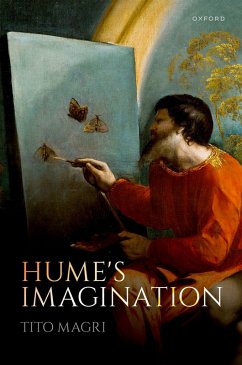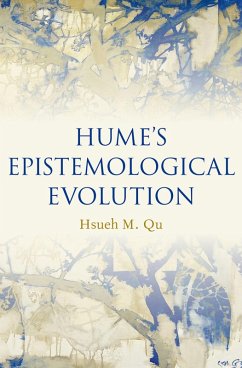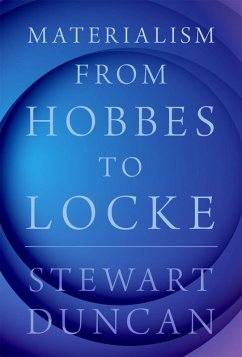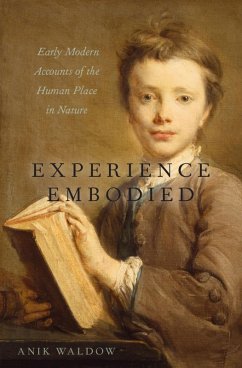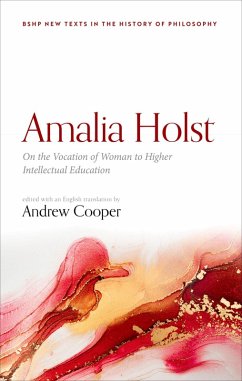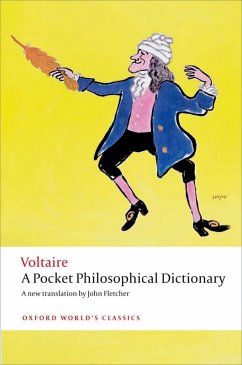
Hume's Philosophy in Historical Perspective (eBook, PDF)
Versandkostenfrei!
Sofort per Download lieferbar
46,95 €
inkl. MwSt.
Weitere Ausgaben:

PAYBACK Punkte
23 °P sammeln!
David Hume was a highly original thinker. Nevertheless, he was a writer of his time and place in the history of philosophy. In this book, M. A. Stewart puts Hume's writing in context, particularly that of his native Scotland, but also that of British and European philosophy more generally. Through meticulous research Stewart brings to life the circumstances by means of which we can get a deeper understanding of Hume's writings on the nature and reach of human reason, the foundation of morals, and, especially, on the philosophy of religion. Stewart pays particular attention to Hume's intellectu...
David Hume was a highly original thinker. Nevertheless, he was a writer of his time and place in the history of philosophy. In this book, M. A. Stewart puts Hume's writing in context, particularly that of his native Scotland, but also that of British and European philosophy more generally. Through meticulous research Stewart brings to life the circumstances by means of which we can get a deeper understanding of Hume's writings on the nature and reach of human reason, the foundation of morals, and, especially, on the philosophy of religion. Stewart pays particular attention to Hume's intellectual development, beginning with his education at the College of Edinburgh, the writing of his Treatise of Human Nature, and his subsequent philosophical responses to criticisms of that book. He argues that Hume's scepticism set him at odds with the Christian Stoicism of Scottish contemporaries including that of Francis Hutcheson - and shows that this conflict played a major role in his failure to obtain the Edinburgh Moral Philosophy Chair in 1745. Stewart's detailed study of the physical character of Hume's surviving manuscripts in Chapters 8 and 9 provides the best available dating of his early 'Essay on Modern Chivalry', his 'Early Fragment on Evil' and the periods of composition of his Dialogues Concerning Natural Religion. Other chapters compare Hume's theory of abstraction with that of Locke and Berkeley, provide the 17th and 18th century philosophical context of the central argument of his essay 'Of miracles', and consider the 18th and 19th century reception of his writings in England and Ireland.
Dieser Download kann aus rechtlichen Gründen nur mit Rechnungsadresse in A, B, BG, CY, CZ, D, DK, EW, E, FIN, F, GR, HR, H, IRL, I, LT, L, LR, M, NL, PL, P, R, S, SLO, SK ausgeliefert werden.




